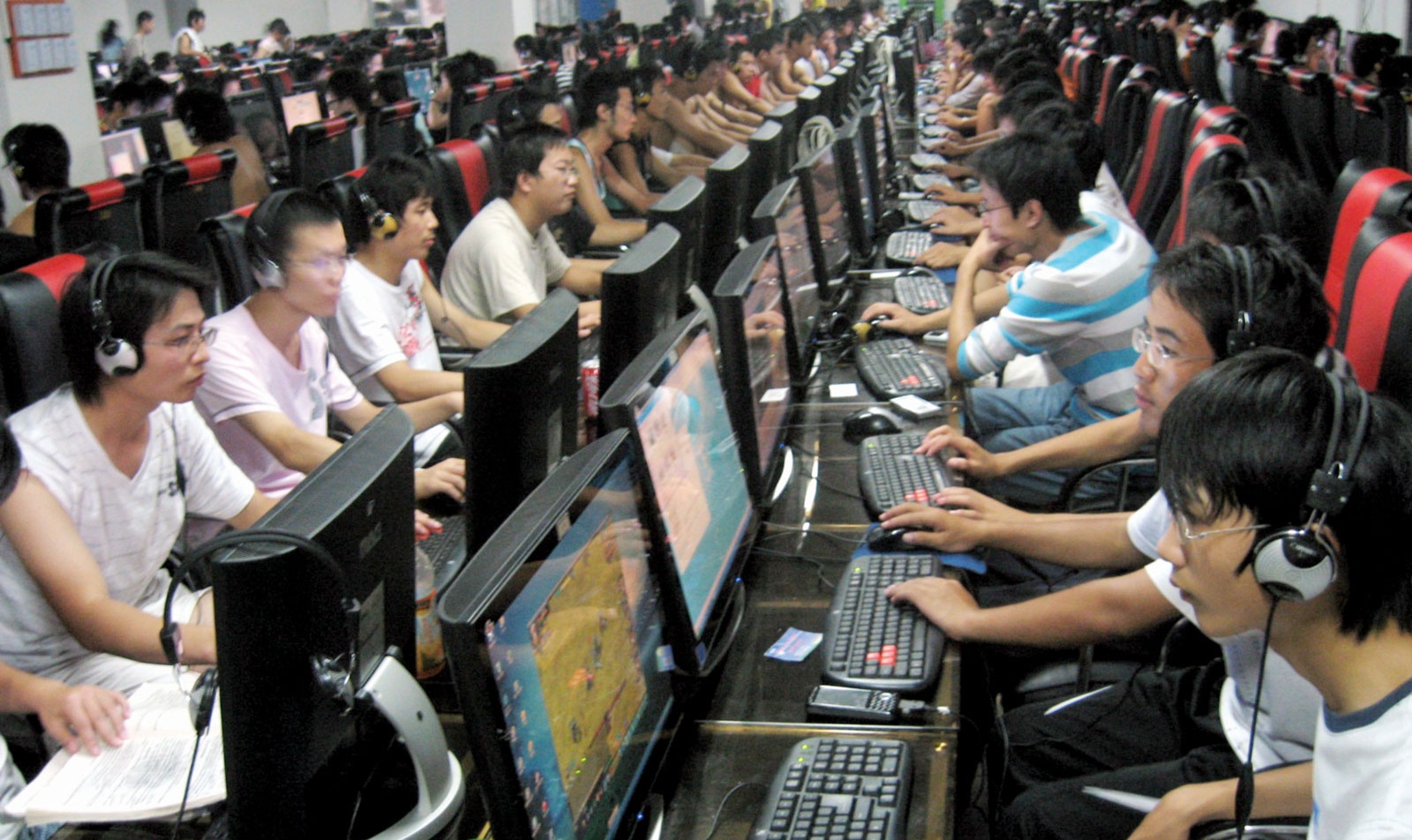This is Niche Culture. In this column, we regularly cover anime, geek culture, and things related to video games. Please leave feedback and let us know if there’s something you want us to cover!
Despite largely opening up their country to foreign video games, China is still heavily regulated by their Ministry of Education. This government body has confirmed they’ll recommend fewer game approvals, causing Chinese tech and gaming giant Tencent Holdings to lose an estimated $20 billion in market value.
On August 30th, the governmental body laid out its findings and recommendations to eight regulatory bodies. They believe that the increased rates of gaming and internet usage of children and adolescents would lead to an increase in myopia- nearsightedness.
By reducing the number of games that are approved, the Ministry is hoping to reduce myopia by 5% every year until 2023 (for a total of 25%). Guidance was also offered to “families, schools and health institutions”, encouraging limitation on how often children use electronic devices.
While schools will teach about myopia and limit how much electronic devices are used, health institutions are being asked to standardize diagnosis treatment to catch myopia early.
The regulatory body responsible for approving digital games (The State Administration of Radio and Television – SART) has received the three recommendations:
- 1) To continue strengthening current regulations that limit the amount of time that minors can play games online,
- 2) To investigate the implementation of an age ratings system for games, and
- 3) To limit the number of new online games that are approved for distribution.
The first two recommendations are nothing new. Honor of Kings had to limit players under twelve to one hour of game time per day, while players thirteen to seventeen were limited to two hours per day. China does not currently have an age-rating entity like the ESRB or PEGI, and what they did have was not enforced.
The third is what sent shockwaves across China. SART stopped licensing on April 2018 while it began restructuring. It is likely until the new terms are fully detailed (something to happen in September by earliest estimates), it is likely to delay licensing even further. Not to mention how restrictive the new terms will be or not cast further doubt.
The doubts have hit Tencent to the tune of $20 billion. Tencent are the owners of gaming distribution platform WeGame and many social media and internet services. The aforementioned licensing halt had already caused issues for them, causing the company’s “first quarterly profit fall in nearly 13 years”.
Tencent has had many woes this year, having lost $160 billion in value since January. This is made up of a whopping $51 billion in two days during March, and $15 billion in August. While this sounds like a death-knell, it should be noted Tencent’s value at the time of writing is sitting at $414.12 billion.
Whether this news will affect the “strategic alliance” with Square Enix or WeGame becoming available globally remains to be seen. We will keep you updated on if the Chinese tech giant lumbers on, or falls.
